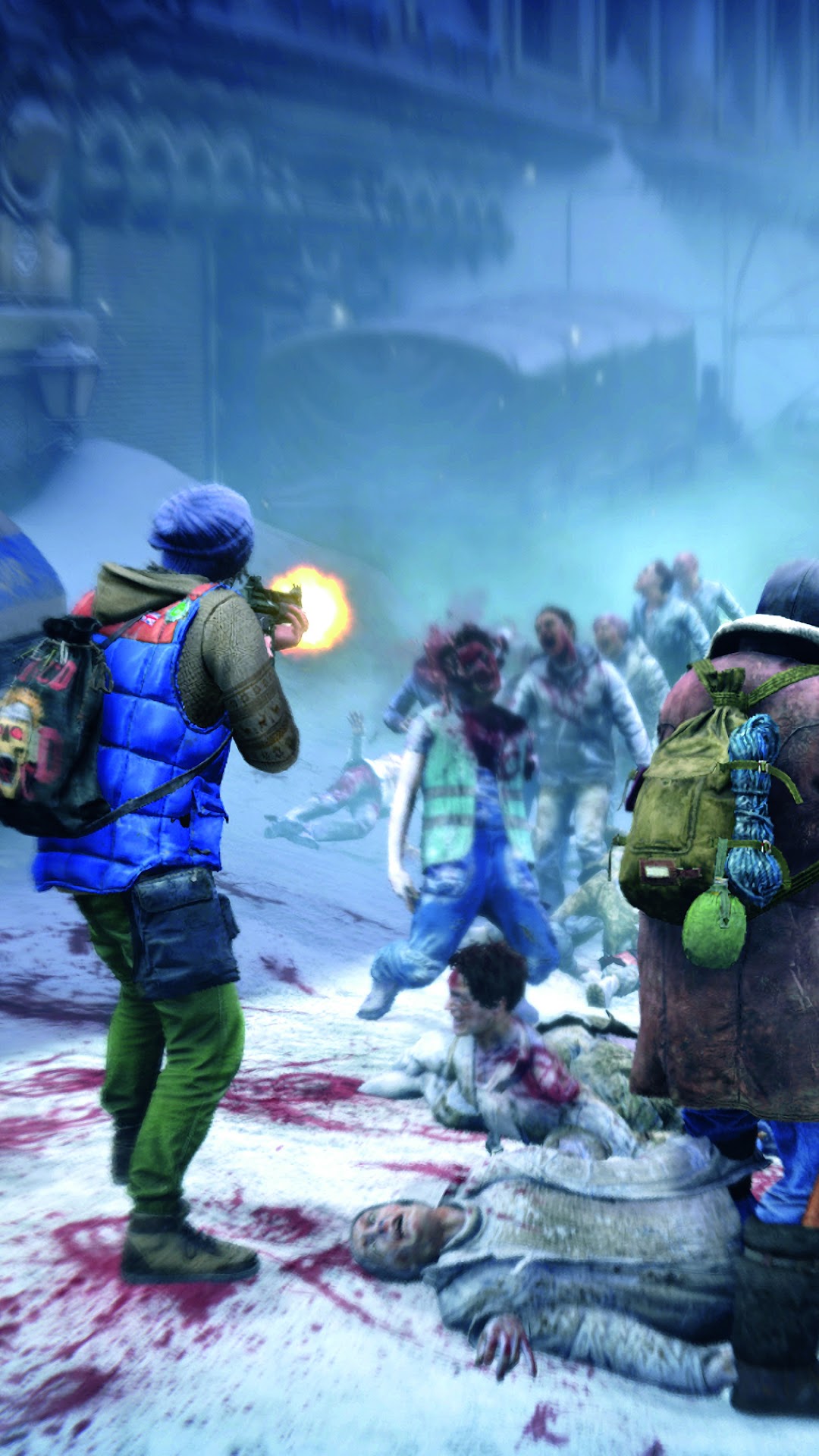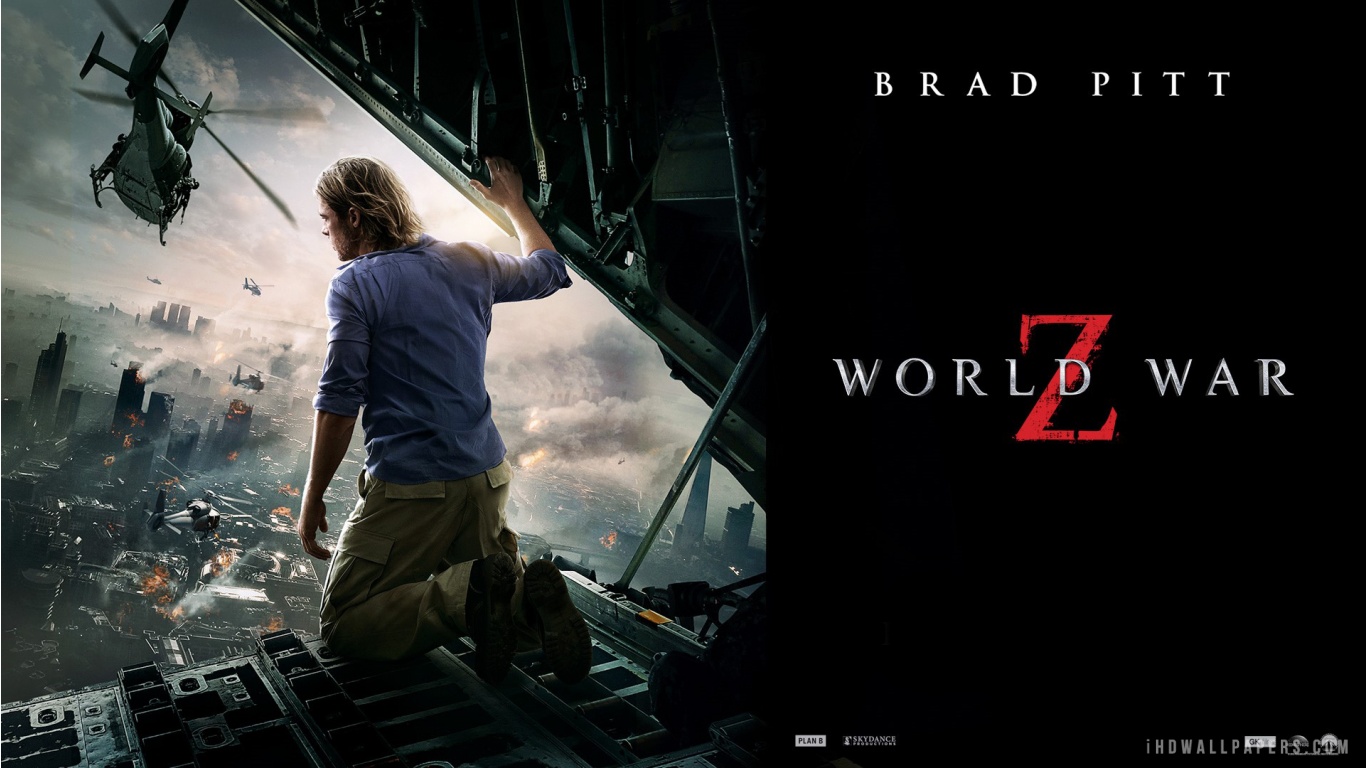

Druckmann soon found himself clashing with Carter Swan, the executive in charge of I.P. Druckmann respected Sam Raimi, who had been hired to direct “The Last of Us,” but he mistrusted the executives involved, who constantly asked for things to be bigger and “sexier.” His aesthetic touchstone was “No Country for Old Men” they wanted “World War Z.” He also began to fear that fifteen hours of gameplay couldn’t be condensed into a two-hour feature.Īfter years in development hell, Screen Gems relinquished the rights. In 2014, a film version of The Last of Us was optioned by Screen Gems, a Sony subsidiary that he described, diplomatically, as geared toward making “a particular kind of movie.” Screen Gems is best known for another video-game adaptation, the commercially successful but critically reviled “Resident Evil” franchise the most indelible image from the first installment is that of Milla Jovovich, clad in a red dress and knee-high boots, sailing through the air to kick an undead dog in the face. A truly great adaptation, he told me, could “enlighten this whole other audience that cares about storytelling and hasn’t realized there’s amazing storytelling happening in games.”īut his evangelism had nearly gone awry. An Israeli immigrant with a trim, athletic build and salt-and-pepper hair, he’d learned English, in part, from the games he’d played throughout his childhood, and he approached different mediums as an ambassador for his own. By the time Neil Druckmann, the game’s creator, walked into HBO’s offices, in 2020, he understood the risk he was taking. What might have been a rote zombie story is instead a character study that includes Phoebe Waller-Bridge among its admirers. And HBO has reportedly spent upward of a hundred million dollars on its best hope of breaking the curse: a series, premièring in January, based on a game called The Last of Us.Ī Sony PlayStation title released in 2013, The Last of Us follows a man charged with shepherding a teen-age girl across a pandemic-ravaged America, where infected individuals are reduced to mindless assailants. Next year, Universal will take another run at a Mario movie, with Chris Pratt in the lead. In mid-December, Amazon ordered a show derived from the God of War franchise.

This past February, the turgid “Halo” was renewed by Paramount+ before the first season had even aired. Nevertheless, studios and streamers, desperate for younger audiences and enticed by the promise of multibillion-dollar I.P., have forged ahead: Netflix alone has announced more than a dozen video-game adaptations. For three decades, the genre has been plagued by ill-defined characters, contrived in-jokes, and nonsensical lore dumps-and, with few exceptions, the impulse to cater to diehard fans at the expense of new viewers has alienated both. The intent had been to produce a zany, subversive comedy in the “Ghostbusters” mold the outcome was a box-office bomb that Hoskins has called “the worst thing I ever did” and “a fucking nightmare.” Whereas “Super Mario Bros.” bore little resemblance to its namesake, subsequent video-game adaptations veered to the opposite extreme, prioritizing faithfulness without regard for what might be lost in translation from one medium to another. The film marked the first major stab at a puzzle that Hollywood has been trying to solve ever since. “I saw this thing jumping up and down,” Hoskins later recalled, in doubtful tones. “This is you!” one said, gesturing to a pixelated mustachioed plumber. Hoskins himself hadn’t even heard of the Nintendo franchise-but when his kids learned that he would be playing Mario they excitedly showed him the game. The movie’s eventual tagline, “This ain’t no game,” reflected a self-conscious distance from its source material: a convoluted parallel-universe plot recast the heroes as Italian American handymen from Brooklyn and the princess they set out to save as an N.Y.U. The year was 1992, and, although the title on which the film was based had sold tens of millions of copies, a feature-length live-action adaptation of a video game had never been attempted. When the British actor Bob Hoskins agreed to star in “Super Mario Bros.,” he had little sense of what he was getting into.


 0 kommentar(er)
0 kommentar(er)
